Senior staff from the IAAF medical and anti-doping department have concluded a productive two-day visit to Jamaica.
Meetings were held with both the Jamaica Anti-Doping Commission (JADCO) and the Jamaica Athletics Administrative Association (JAAA) to gauge the progress made in the region towards sustained and effective anti-doping programmes and enhance the coordination between Jamaican anti-doping authorities and the IAAF going forward.
Following both meetings, the IAAF is pleased to note the professional manner in which the authorities are addressing these issues and the common will to maintain a privileged partnership in the protection of clean athletics.
Meeting firstly with JADCO executive director Carey Brown and his team, the IAAF were afforded the opportunity to see first-hand the new structure and resources put in place by JADCO, with assistance from the Canadian Centre for Ethics in Sport (CCES), as well as to discuss plans moving forward in a crucial World Championships year.
The IAAF also took the opportunity to share details of its own anti-doping programme along with clear expectations for the type of programme required in a country of Jamaica’s sporting ability. The IAAF was impressed to see the results of a serious staffing re-structure, a programme now in compliance with the WADA Code, and committed staff which includes a core group of experienced doping control officers.
Approximately 500 doping controls have been conducted on Jamaican athletes by the IAAF and JADCO since January 2014.
IAAF staff also met with JAAA president Warren Blake to discuss the Jamaican athletics system, and the JAAA’s role in promoting and protecting clean sport.
The IAAF / JAAA relationship remains positive and the meetings allowed both parties to discuss the important obligations placed on the JAAA by the WADA Code, and how they are best able to respond and fulfil these commitments.
On the same day, the IAAF joined together with both JADCO and the JAAA to present a combined information session for elite athletes and senior support personnel. JADCO presenters focused on the athlete and support personnel obligations under the 2015 Code, while the IAAF spoke at length regarding the risk around nutritional supplements. Most pleasing to all parties involved was the high level of robust and honest discussion between attendees on both matters.
Finally, IAAF delegates were afforded the opportunity to see the JADCO team in action as they performed their duties as part of the Jamaica International Invitational meeting. Again, the IAAF were impressed with the professionalism of the staff and witnessed sample collection which was completely in line with the international standards.
Due to their significant international success on the track, and previous lack of adequate domestic doping control (which required significant supplementation by the IAAF out-of-competition testing programme), Jamaica has remained a country of high interest to the IAAF, and one where a positive working relationship and quality doping control programme is of utmost importance. After seeing positive progress during this trip, the IAAF is keen to continue to build on the recent success by assisting JADCO and JAAA in their implementation of a robust anti-doping programme in Jamaica.



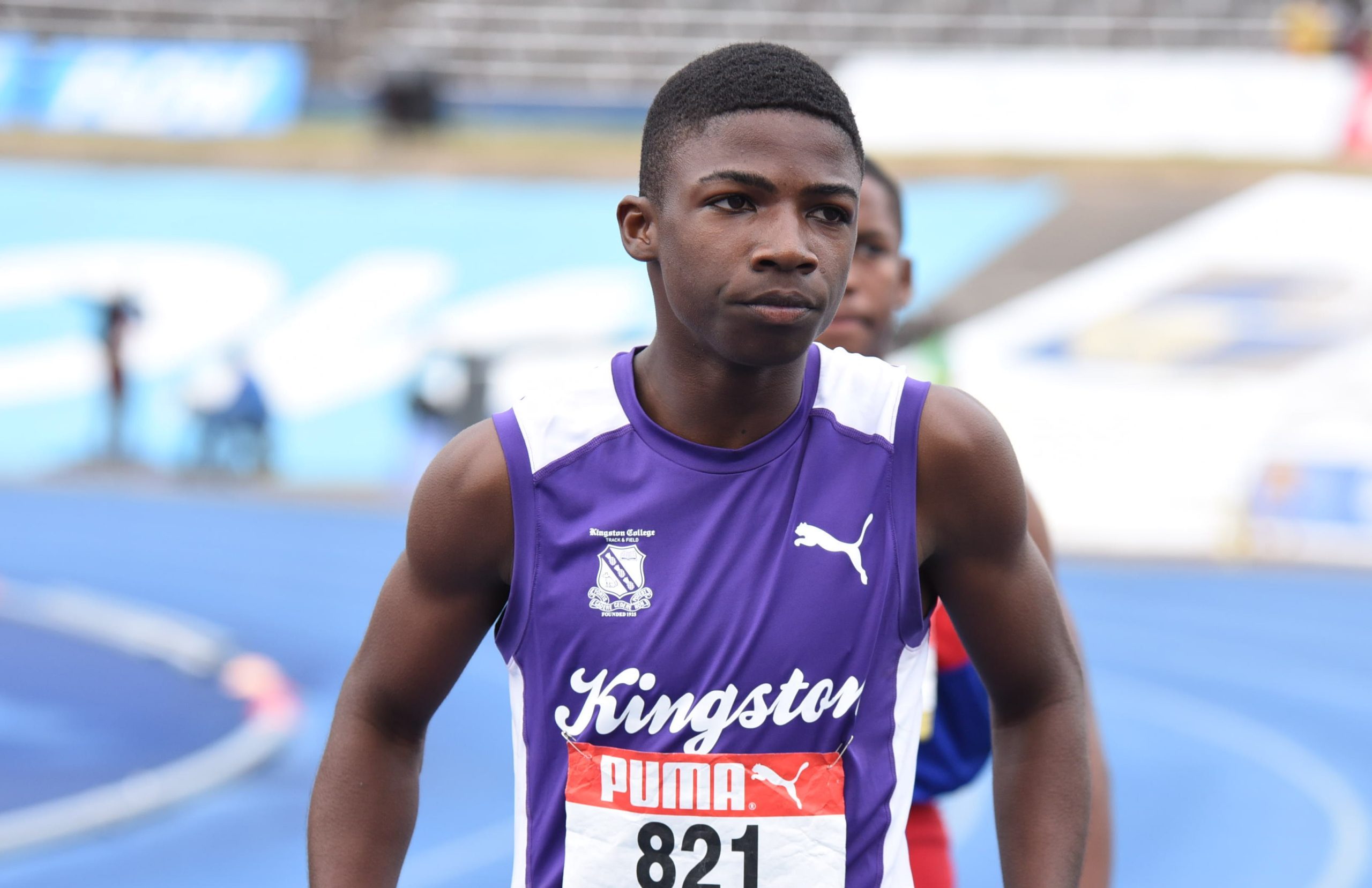
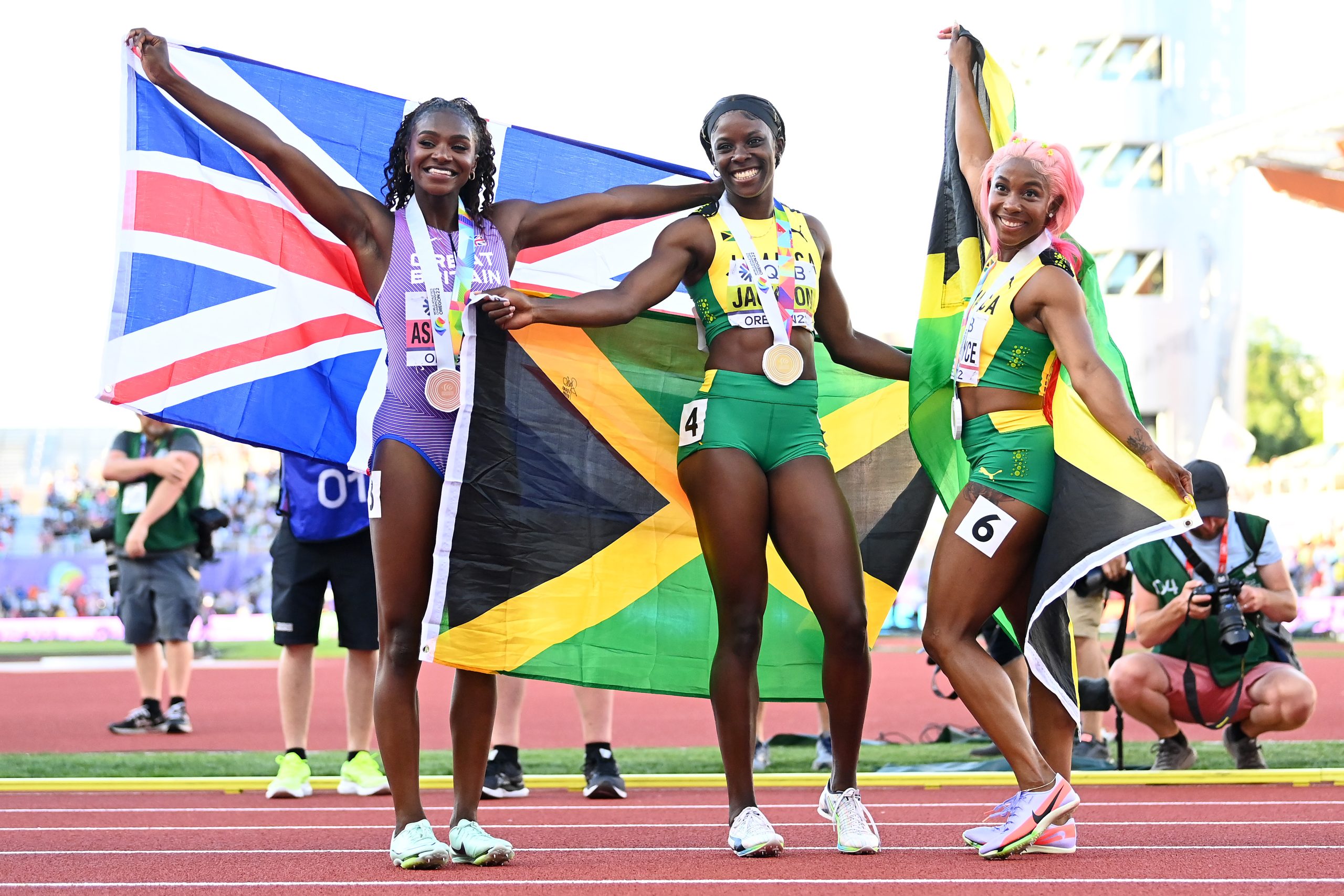
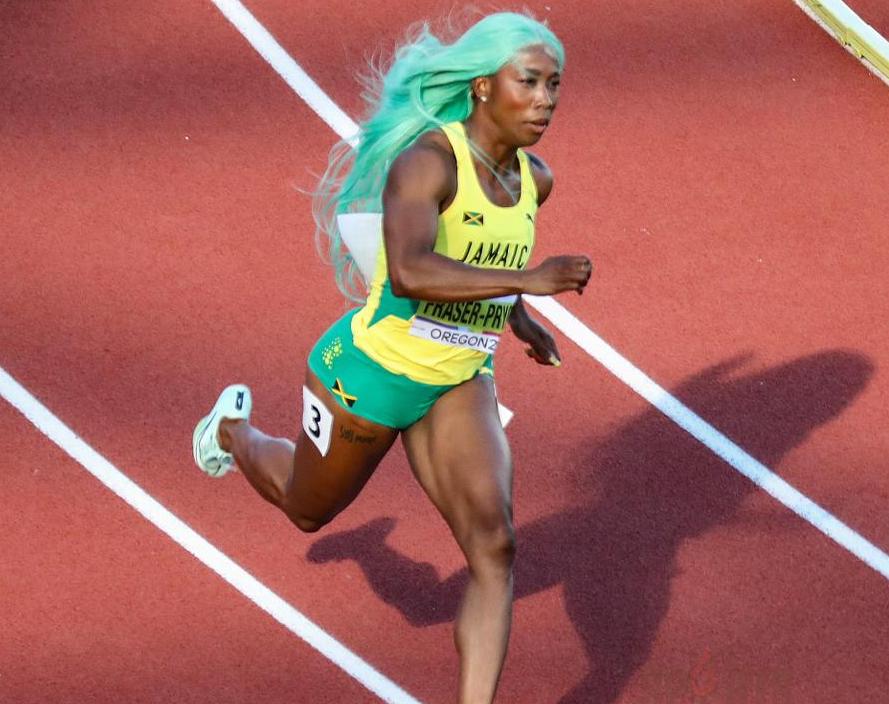
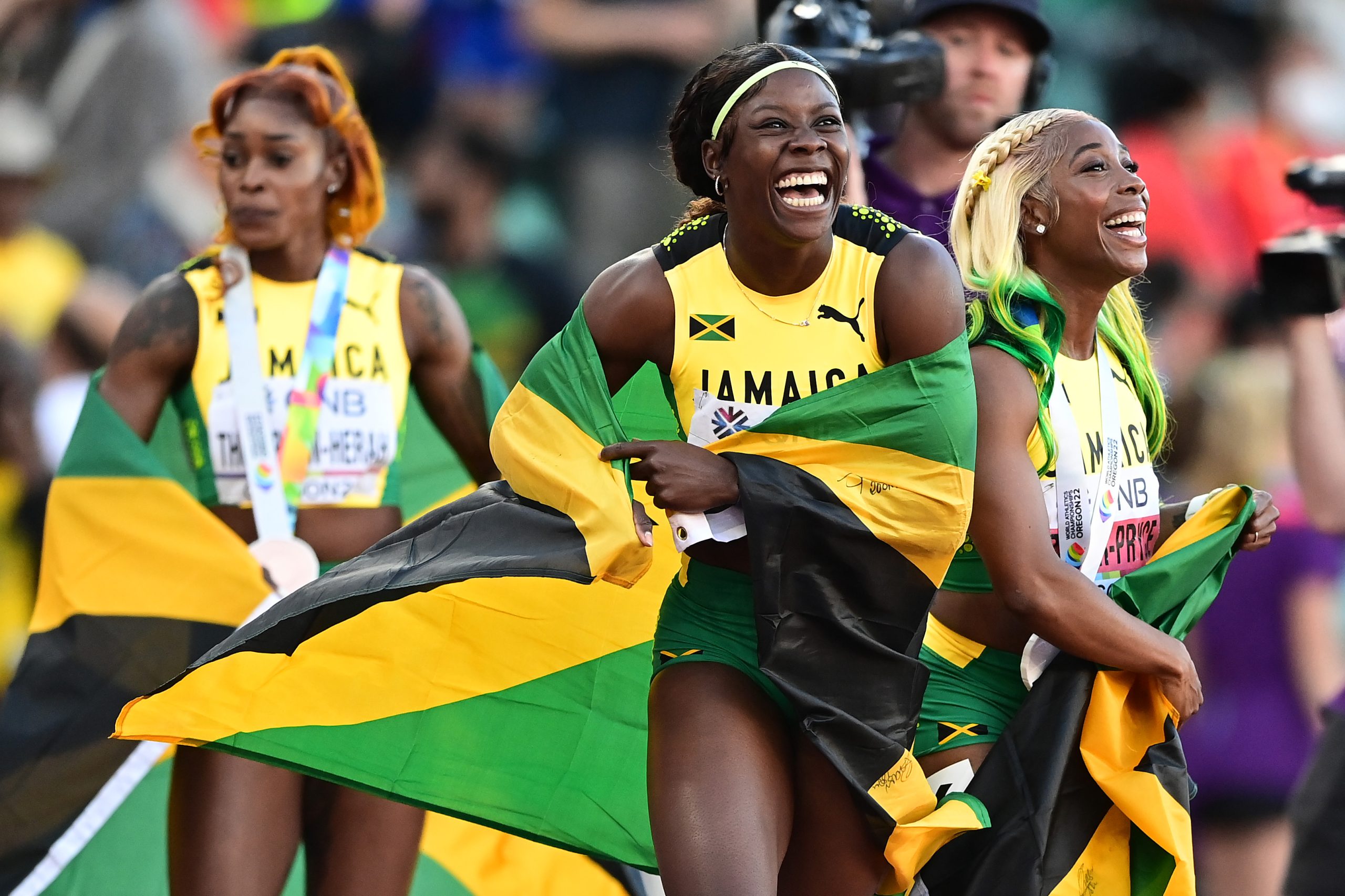

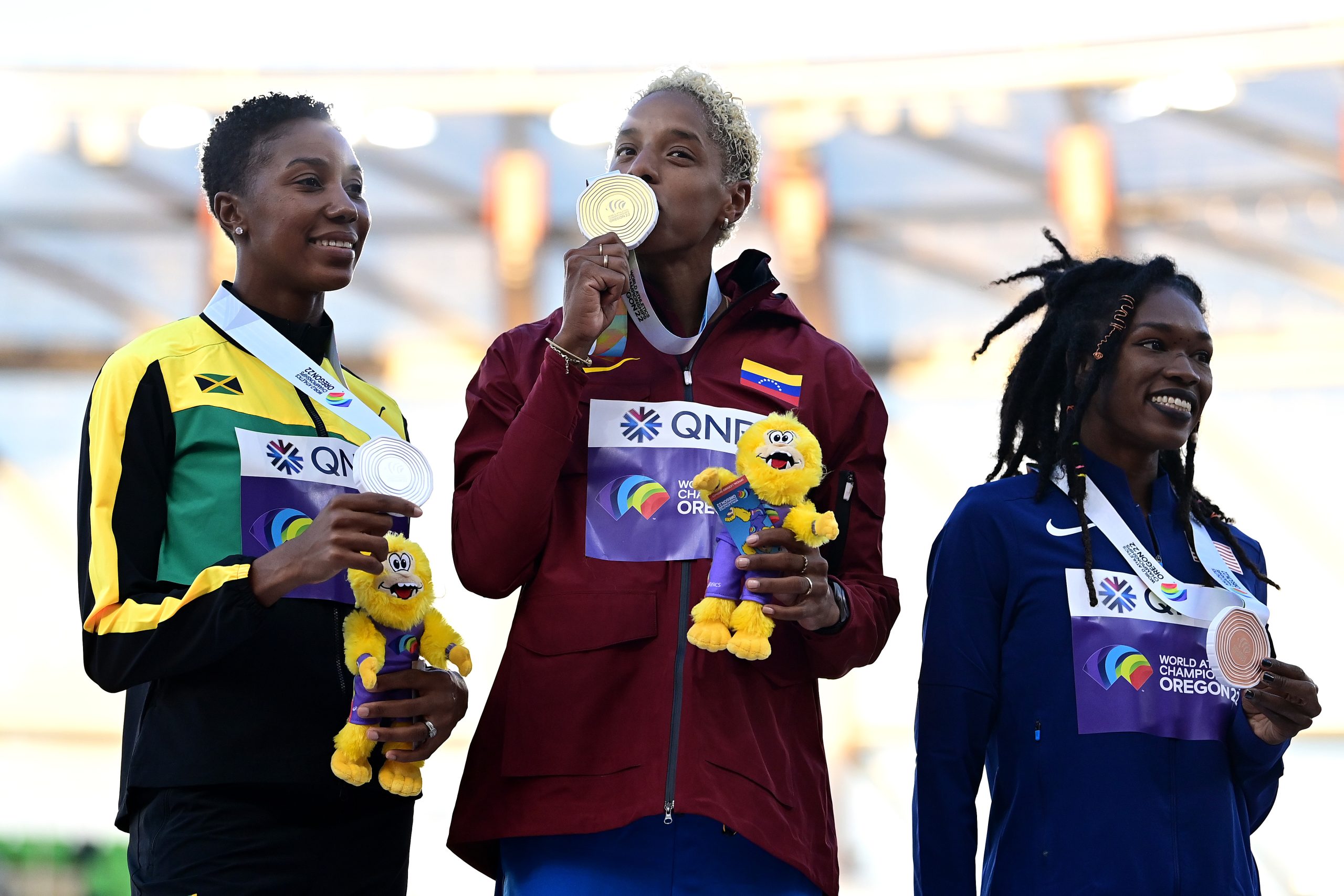
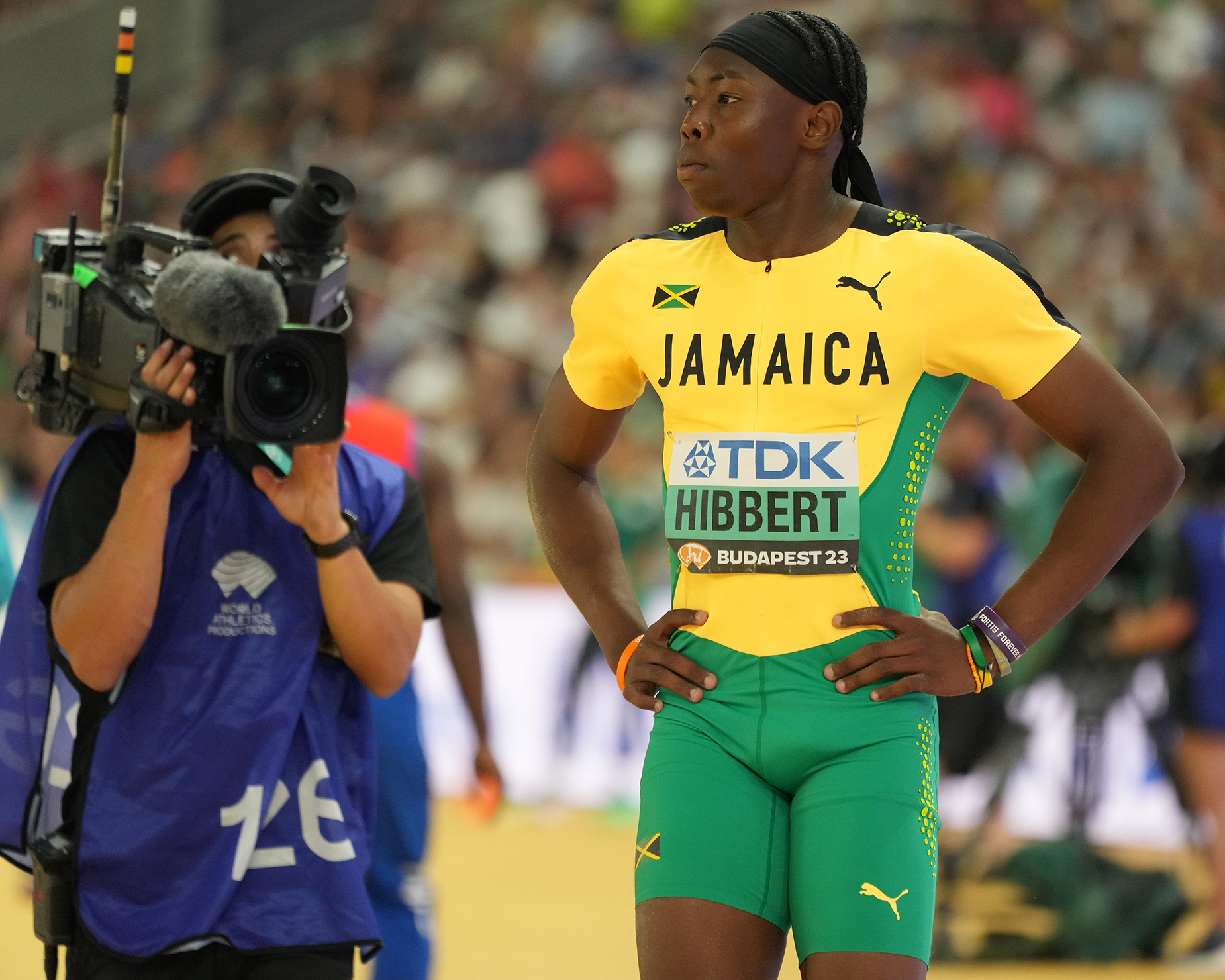



Wonderful! Jamaica is clean! No doping problem!